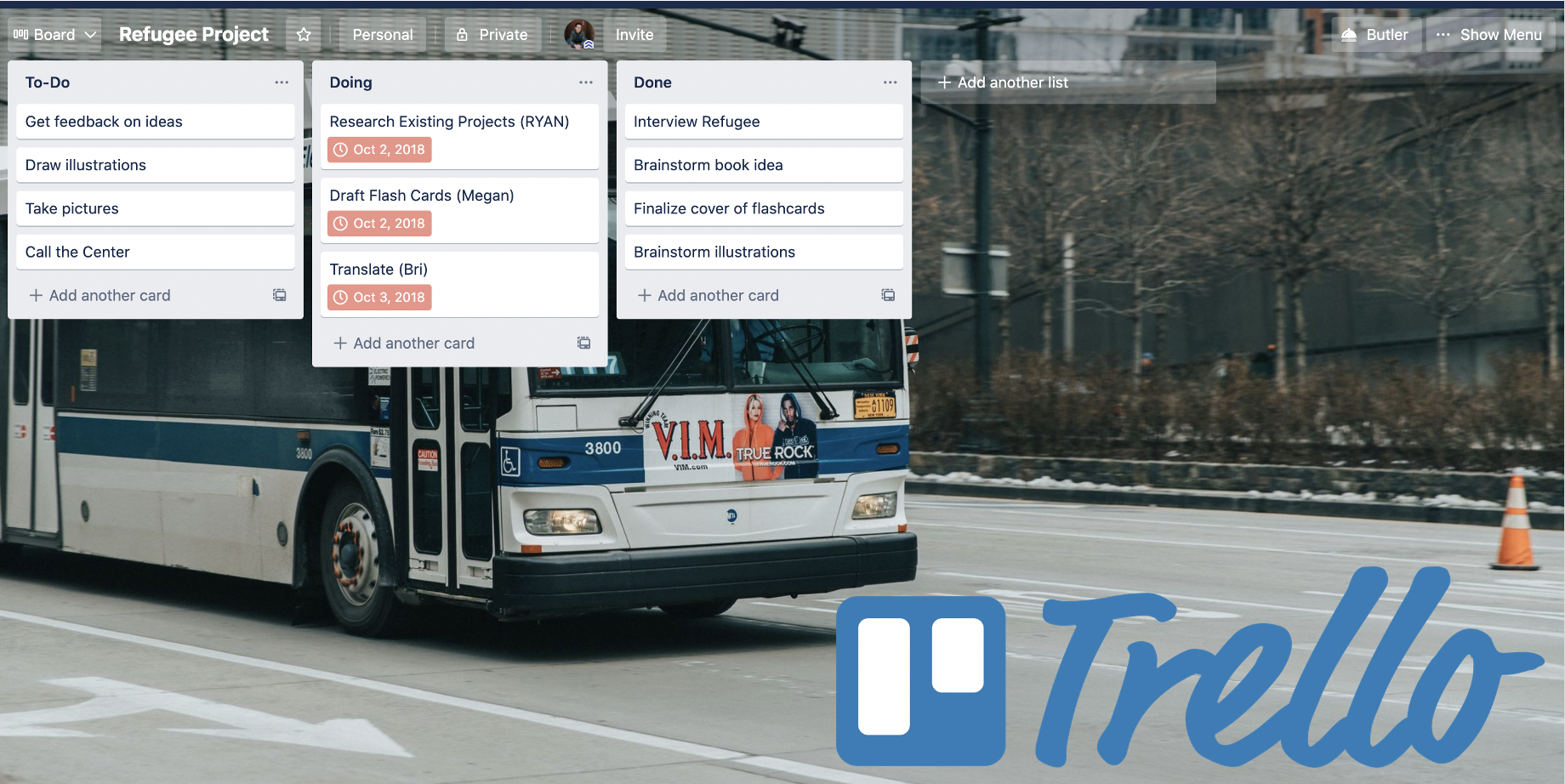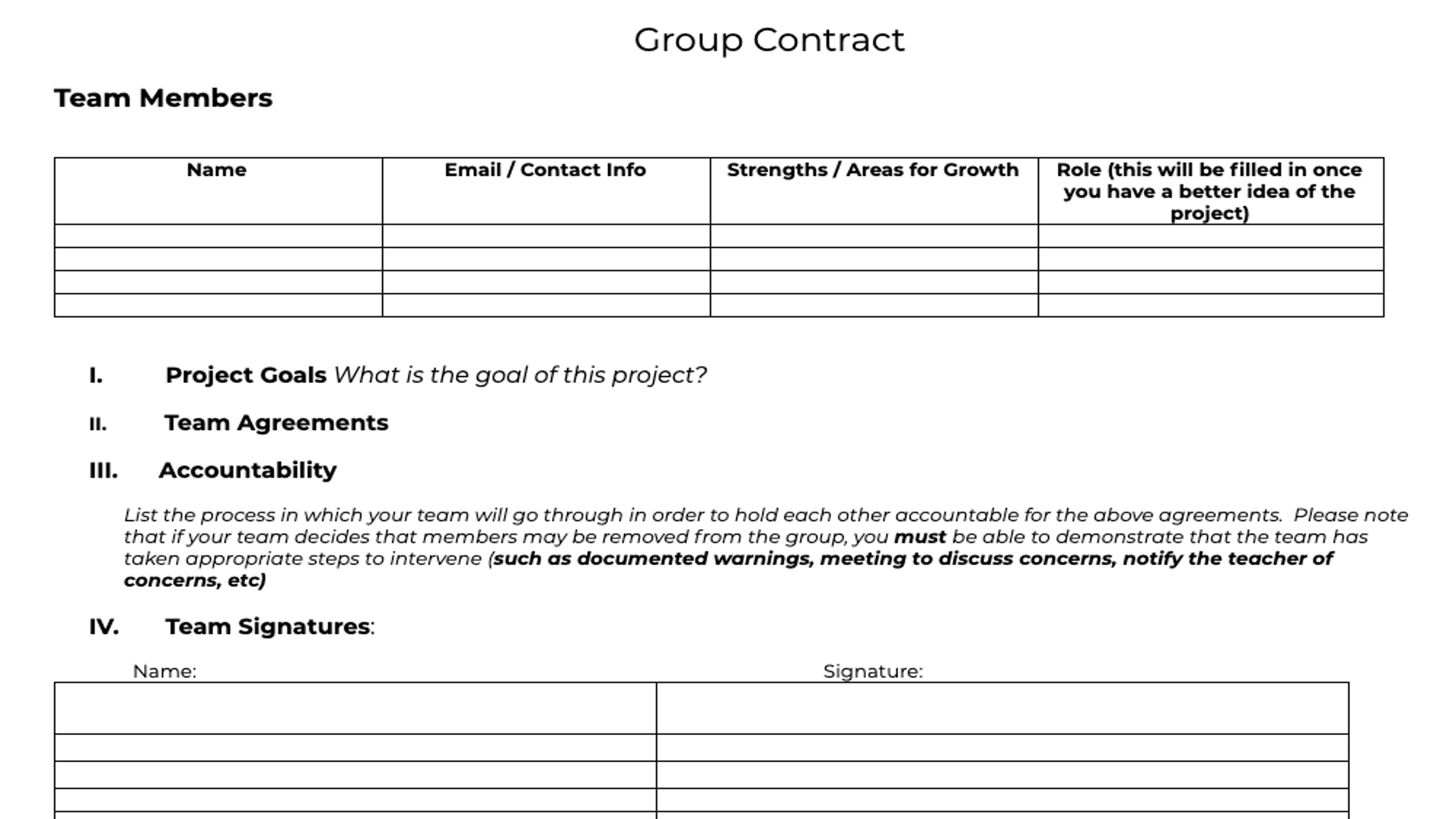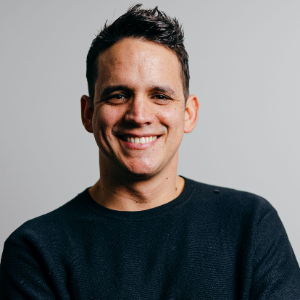How To Teach Essential Skills In School
Oct 28, 2022There's a popular phrase that goes something like: People are hired for hard skills, fired for soft skills.
In the 21st century, the top reason young people are fired from their jobs is not because they’re improficient at factoring polynomials or understanding exactly how to use a semicolon. It’s not even because they’re not knowledgable about the work they are doing. People are fired because they don’t know how to collaborate, critically think, exude confidence, and think outside the box.
They are fired for not having soft skills, but there is nothing soft about being fired.
Polynomials and semicolons are still important, but possibly more so are these essential skills. This is why it is so imperative that we as educators find ways to teach our students the essential skills so that students are prepared for career and life. Here's how we can do that while still making sure they are learning the content and knowledge they need to be successful in school and life.
Start career exploration earlier.
A good place to start thinking about this is understanding the direction students are heading while they are in school. If the ultimate purpose of school is to prepare students for a successful life, we should be very practical when thinking about what school looks like to help them achieve that success. Part of this is making learning more career-focused, but also helping students with that exploration during their k-12 experience.
Students don’t have to have it all figured out about where they want to work after their education is complete, but it is important that they begin that exploration as soon as possible. This can help give them direction and motivation in the work that they do in the classroom, and understand why it’s important that they develop these essential skills.
“You want to be an engineer? Well then you are going to have to learn how to work in groups to complete projects.”
“You want to be a doctor? Then yes, you’re going to have to know complex scientific information, but you are also going to have to develop strong bedside manner and excellent people skills.”
When students have a sense of direction, they can begin to learn the skills necessary to thrive in their future endeavors.
Design activities that require the development of these skills.
Let’s be honest, the modern education system hasn’t always done the best job to prepare students to be strong collaborators, communicators, organizers, or critical thinkers. Standardized testing and content standards have created great test-takers. And again, I’ve got nothing against preparing students to be content proficient. A large survey showed that employers still highly value employees who learn and process complex information. However, it’s in combination with these other skills that develop truly successful students.
Curriculum and pedagogy needs to be developed that is more skills-rich. This is why Project Based Learning (PBL) is so essential in schools. PBL provides hands-on experiences that are more engaging because students are having to solve authentic problems that actually matter to them. When students are given authentic tasks and they require critical thinking, collaboration, creativity, etc., students will be much more inclined to do the challenging work of developing these skills to complete these tasks.
Designing Skills-Rich Learning Experiences
For instance, let’s say a science teacher is planning a unit on invasive species. The teacher could take their students to a local park and show them how certain invasive species are destroying the natural plant life. After this problem is introduced, the PBL project is about solving it. To do so, students could create PSA videos, education materials for the community, or even plan an event where community members show up to pull invasive species from that park.
To complete a project like this, not only will students need to learn about invasive species (academic content), they will have to exercise the essential skills to complete the authentic task. They will have to work in groups (collaboration), come up with solutions (critical thinking), create materials (creativity), etc. This is the power of giving students authentic work. Because the students are completing a meaningful project, they learn the content at a deeper level as well as develop these essential skills.
Use tools that facilitate the development of essential skills.
Teachers can use tools and resources that help students develop the essential skills. For instance, the website Trello.com is a great way for students to manage their time and tasks. By creating a “board” they can make columns with titles like “To Do”, “Doing”, and “Done.” This helps them stay organized and see the value organization has in completing complex work.

Another valuable tool is a Group Contract. The Group Contract is an accountability tool to help facilitate collaboration. At the beginning of any collaborative project, before any work takes place, students should fill out a group contract. A group contract is a shared document that the group members write together and sign. It’s essentially a mutual agreement made by all group members to set the norms for student collaboration throughout the project. This is a living document that can be referred to and used as a tool whenever necessary to help students hold each other accountable.


By using tools like the Group Contract, Trello, or any of these resources, students are supported as they develop the essential skills.
Use formative assessments to help students develop the essential skills.
Formative assessments give students students feedback on their growth and development. As students are exercising a certain essential skill, teachers can let students know how their use of that skill is going and what they can do to further develop it.
For instance, if the skill students are working on is communication, a teacher can observe a class discussion and use this rubric to give students feedback. If the teacher identifies a student’s skill as ‘developing,’ they can provide feedback to the student and then give opportunities to practice communication later on to continue the development and see if the skill has improved.
This kind of feedback should be given continuously in the classroom for all of the essential skills. The more students are given formative feedback and opportunities to continue to develop, the more proficient they will become.
Think of essential skills like muscles.
Essential skills are like muscles; the more you work them out, the stronger they become. This is why it is so imperative the education system prioritizes the development of them. The 21st century workforce needs people with the essential skills. A functioning and productive society requires critical thinkers who can solve big problems. It needs collaborators who know how to work together, and people who are organized and goal-oriented. School can be a place where these characteristics and skills are developed.
Want to learn more about Project Based Learning and how to help students develop essential skills? Check out my latest online course, The Project Based Learning Master Class.
Stay Connected With Trevor's Work
Join thousands of educators who receive weekly articles, videos, and inspiration from Trevor.
SPAM is the worst. I promise to only send you my best stuff and NEVER to share your email.

